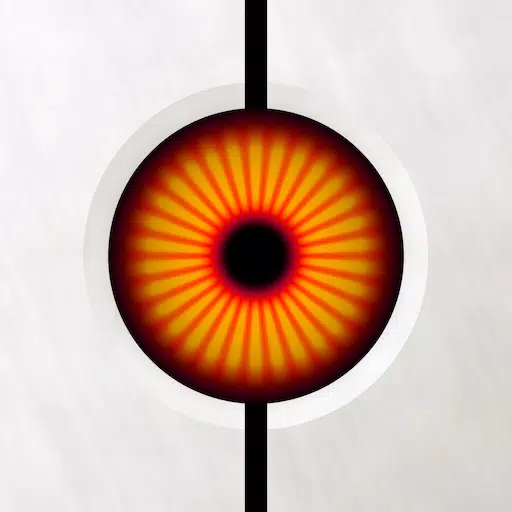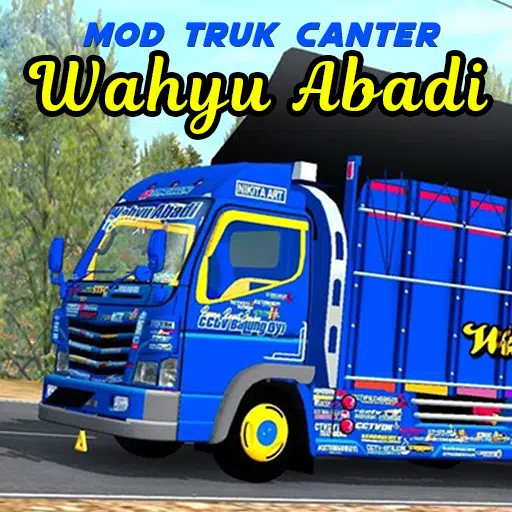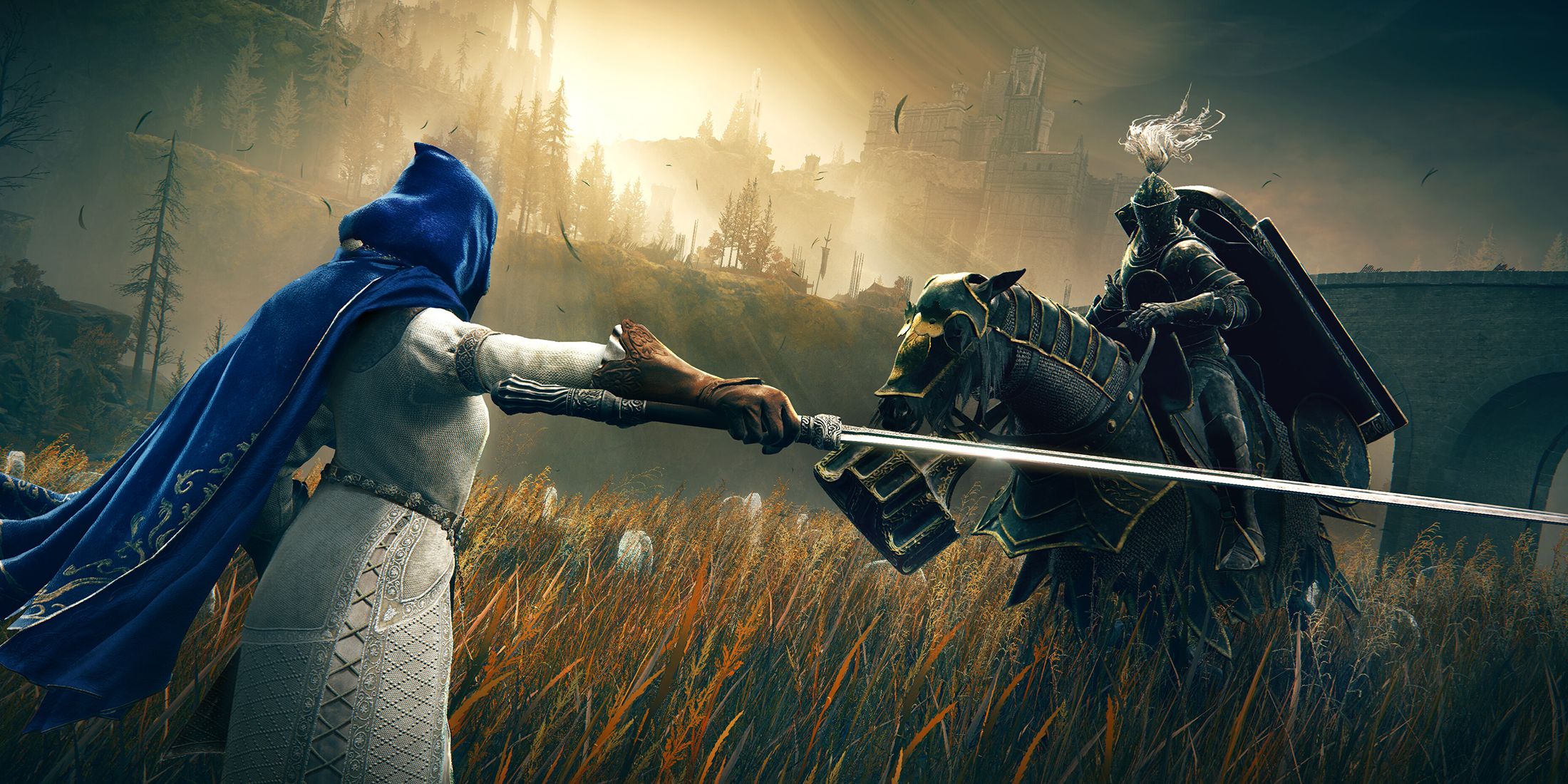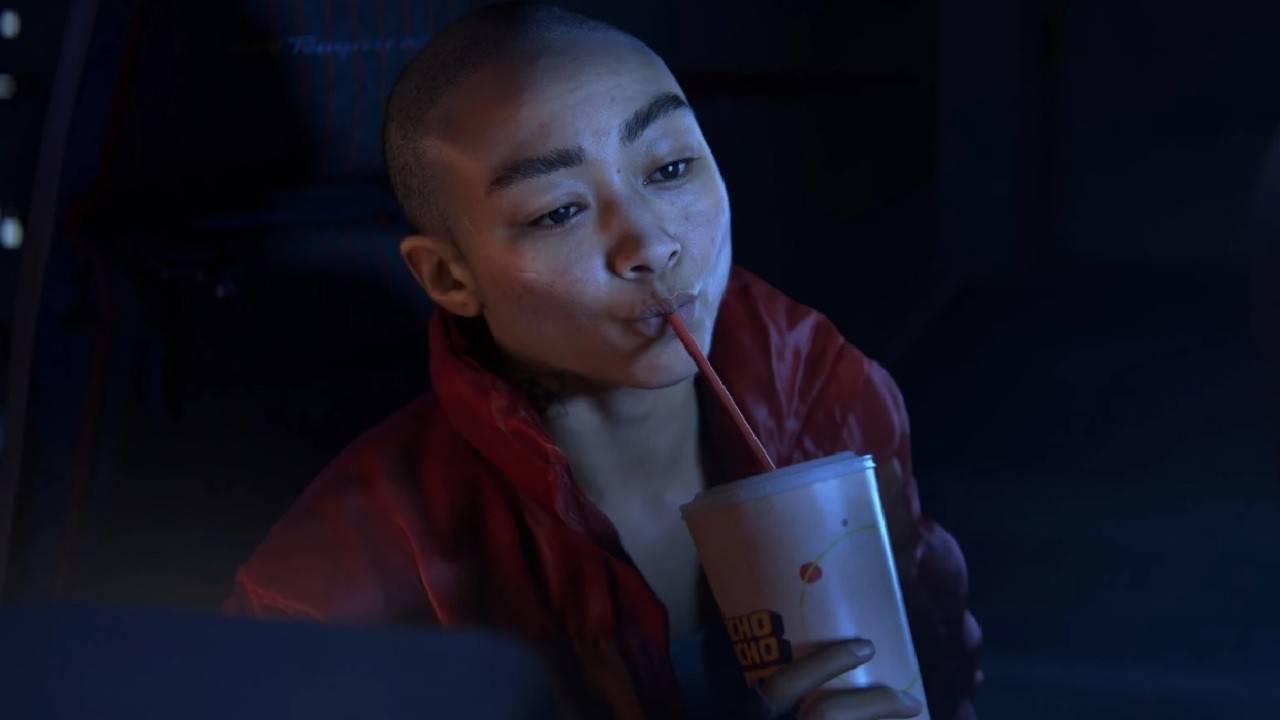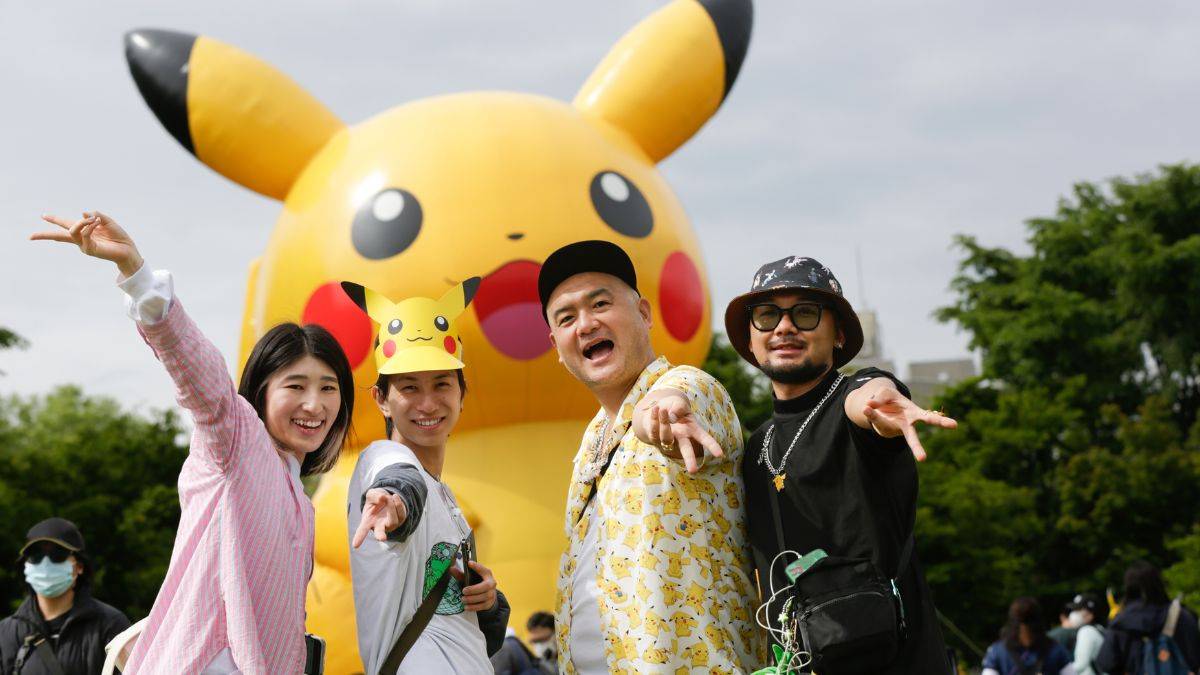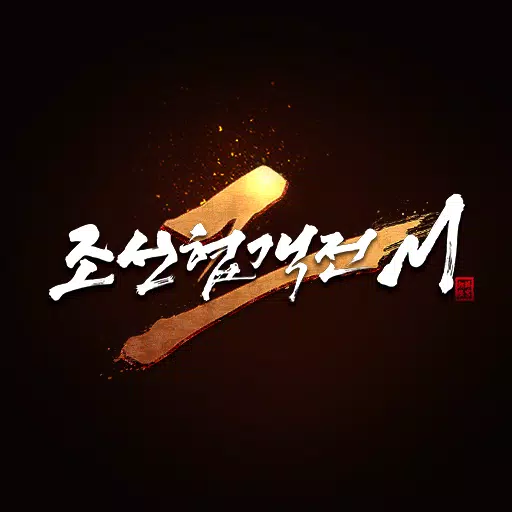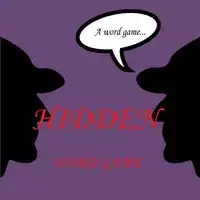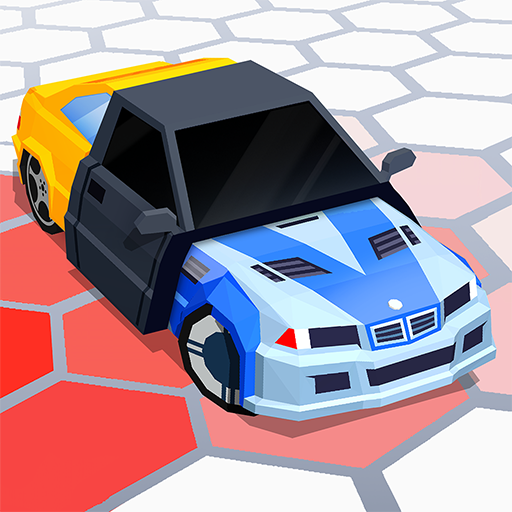Neil Druckmann on Sequels: 'I Never Plan Ahead, Lacks Confidence'
At the recent DICE Summit held in Las Vegas, Nevada, Neil Druckmann of Naughty Dog and Cory Barlog of Sony Santa Monica engaged in an insightful conversation about a deeply personal issue: doubt. For nearly an hour, the duo delved into various subjects that resonated with them, including their own self-doubt as creators and how they determine when an idea feels "right." They also fielded pre-submitted questions from the audience, one of which Barlog posed to Druckmann regarding the approach to character development across multiple games.
Surprisingly, Druckmann, a seasoned creator of sequels, revealed that he doesn't plan for multiple games. He explained, "That's a very easy question for me to answer, because I never think about multiple games, because the game in front of us is so all-consuming. I think you're jinxing yourself if you're starting to think about the sequel when you're working on the first game. So when I was making The Last of Us 2, yeah, sure. Every once in a while an idea pops in your head of where it might go if we get the chance to do another one. But I just approach it as, ‘what if I never get to do another one?’...I'm not saving some idea for the future. If there's a cool idea, I'm doing my best to get it into here."
Ten-year payoffs
Druckmann further elaborated on his approach, noting that this mindset applies to all his projects, with the exception of the The Last of Us TV show, which is planned for multiple seasons. When it comes to sequels, instead of having a pre-set plan, Druckmann reflects on what he's already created and considers unresolved elements and potential new directions for the characters. He humorously remarked, "And if I feel like the answer is, they can't go anywhere, then I go, ‘I think we'll just kill them off.’"
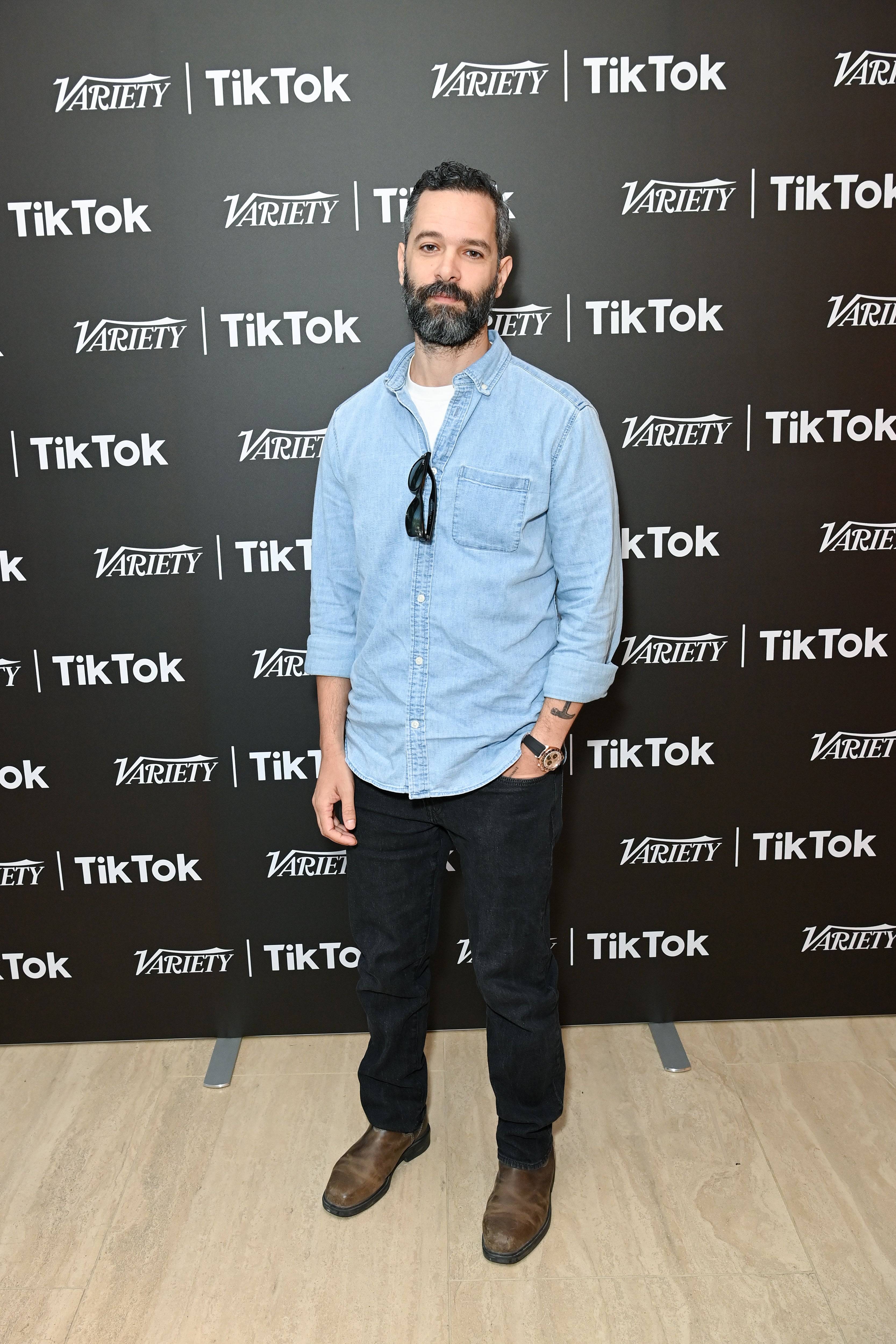 Reflecting on past projects like Uncharted, Druckmann highlighted how the iconic train sequence in Uncharted 2 was not planned during the development of the first game. Each subsequent game in the series posed new challenges: "How do we not repeat ourselves? Where else could this character go? What else could get him back into the adventure?" If a new direction can't be found, Druckmann suggests reconsidering whether it's the right character or game to continue with.
Reflecting on past projects like Uncharted, Druckmann highlighted how the iconic train sequence in Uncharted 2 was not planned during the development of the first game. Each subsequent game in the series posed new challenges: "How do we not repeat ourselves? Where else could this character go? What else could get him back into the adventure?" If a new direction can't be found, Druckmann suggests reconsidering whether it's the right character or game to continue with.
In contrast, Barlog shared his different approach, likening it to a "Charlie Day crazy conspiracy board" of interconnected ideas and long-term planning. He finds it rewarding to link current work with plans from a decade ago but acknowledges the immense stress and complexity involved, given the involvement of hundreds of people over the years whose perspectives can change the direction of a project.
Druckmann admitted that such long-term planning requires a confidence he lacks, preferring to focus on immediate challenges: "I just want to focus on the next five days in front of me, let alone 10 years down the line."
The reason to wake up
Throughout the fireside chat, Druckmann and Barlog explored various facets of their creative processes and personal experiences with doubt. Druckmann shared his passion for gaming, recounting an interaction with Pedro Pascal on the set of The Last of Us TV show. When Pascal jokingly questioned Druckmann's appreciation for art, Druckmann defended his stance, leading Pascal to affirm, "It's the reason to wake up in the morning. It's why I live and breathe." This sentiment encapsulates Druckmann's motivation despite the challenges and negativity that can come with the industry.
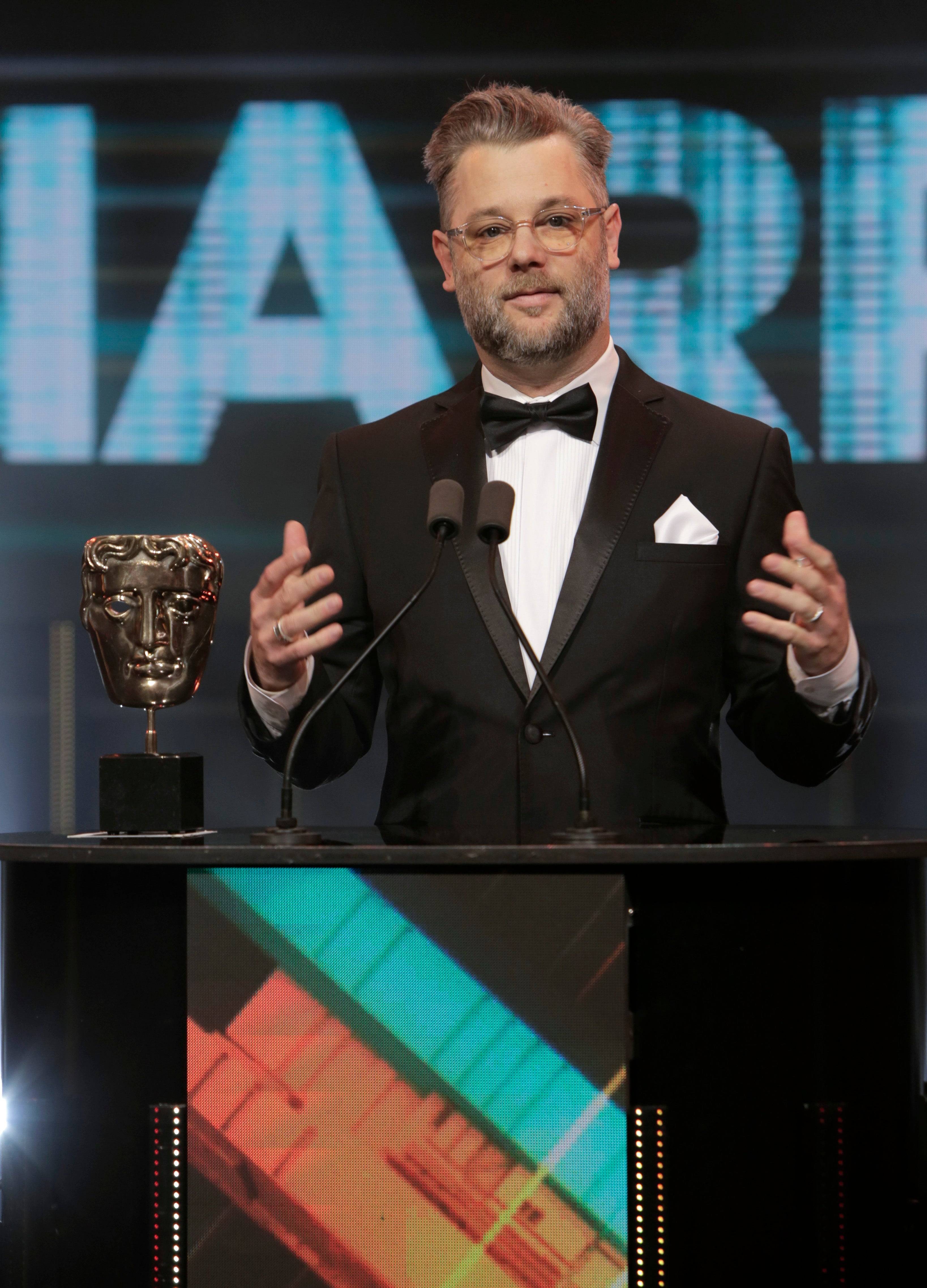 Druckmann then turned the conversation to Barlog, asking about the drive to continue creating given the recent retirement of a colleague. Barlog responded with candid honesty, admitting that the drive for more is relentless: "Is it ever enough? The short answer's, no, it's never enough. It is the voice in your head driving you more, and more, and more, and more…You struggle, you work, and it feels thankless, and you're not being heard. Or the thing you're doing doesn't resonate. Then you reach that point where this mountain you've been looking at, you've been dreaming about, you've been aspiring to. Finally, you reach the summit of this mountain. And it's like the most amazing and horrible thing all at the exact same time."
Druckmann then turned the conversation to Barlog, asking about the drive to continue creating given the recent retirement of a colleague. Barlog responded with candid honesty, admitting that the drive for more is relentless: "Is it ever enough? The short answer's, no, it's never enough. It is the voice in your head driving you more, and more, and more, and more…You struggle, you work, and it feels thankless, and you're not being heard. Or the thing you're doing doesn't resonate. Then you reach that point where this mountain you've been looking at, you've been dreaming about, you've been aspiring to. Finally, you reach the summit of this mountain. And it's like the most amazing and horrible thing all at the exact same time."
Barlog described the internal "demon of obsession" that pushes creators to always seek the next challenge, never allowing them to fully appreciate their achievements. Druckmann echoed this sentiment but added a hopeful note, sharing a story about Jason Rubin's departure from Naughty Dog. Rubin believed his exit would create opportunities for others, a perspective Druckmann finds inspiring as he considers his own future role in the industry.
The discussion concluded with Barlog humorously suggesting retirement, reflecting the complex emotions and relentless drive that define the life of a creative professional.
- 1 STARSEED Update: Codes for January 2025 Released Feb 25,2025
- 2 Pokémon TCG Pocket: Wonder Pick Date, Time, and Promo Cards – February 2025 Mar 03,2025
- 3 How to Get All Ability Outfits in Infinity Nikki Feb 28,2025
- 4 Black Myth: Wukong Tops Steam Charts Days Before its Launch Jan 07,2025
- 5 Ukrainian Internet Stalled as 'S.T.A.L.K.E.R. 2' Release Overwhelms Dec 30,2024
- 6 Starseed Asnia Trigger Codes (January 2025) Mar 06,2025
- 7 inZOI, a Korean Sims-Like, Delayed to March 2025 Mar 01,2025
- 8 Assassin's Creed Shadows Postponed to March 2025 for Enhancements Feb 21,2025
-
Budgeting & Investing: Your Guide to Financial Apps
A total of 9
-
Addictive Hypercasual Games for Quick Play
A total of 10
-
Best Role Playing Games for Android
A total of 10


